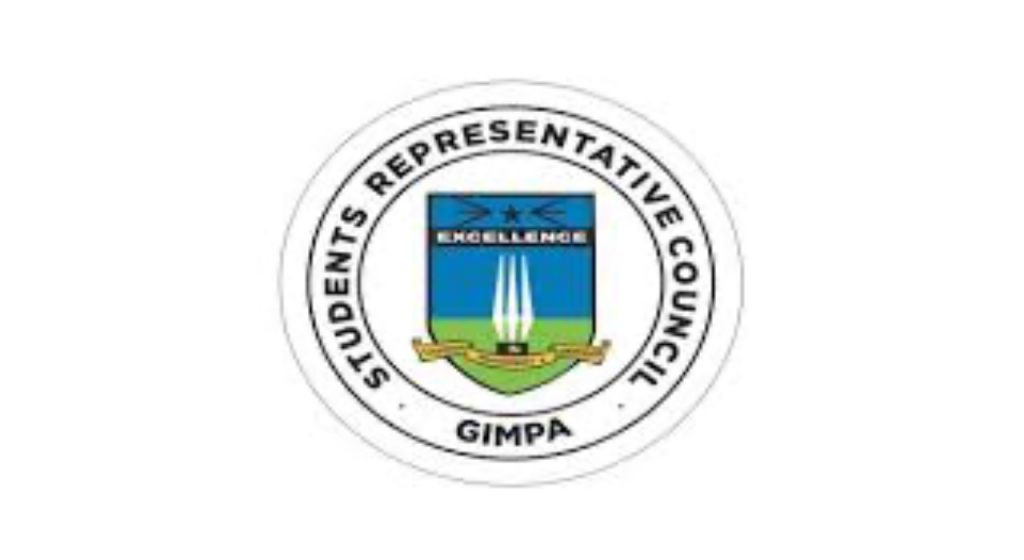- Founded in 1961, GIMPA has grown into Ghana’s leading management development institute with full autonomy and accreditation.
- The Institute combines public service training with new technology and business education, though governance and financial challenges persist.
GIMPA’s role in Ghana’s public institution landscape
Established in 1961 as the Institute of Public Administration under a joint Ghana–United Nations project, GIMPA was created to build the administrative and managerial backbone of the young nation. When the UN handed it fully to the Ghanaian government in 1966, and later re-designated it as the Ghana Institute of Management and Public Administration in 1969, its remit expanded.
Since then, five successive legislative mandates, culminating in the GIMPA Act, 2004 (Act 676), have reaffirmed its national role. The Institute today enjoys financial and operational autonomy, a rarity among public tertiary institutions. Accredited by the National Accreditation Board, it delivers education from certificate to doctoral level, with specialisation in leadership, management, public administration, and technology.
Its mission is to “maintain a Centre of Excellence for training in public and business administration” by equipping executives in the public sector, private enterprises and NGOs to manage effectively.
Also read: ipNX Nigeria powers broadband innovation
Also read: FUOYE innovation hub tackles higher education challenges
Innovation, recent initiatives & challenges at GIMPA
Beyond traditional civil service training, GIMPA has embraced innovation. The GIMPA Business School recently launched an alumni network, GiBSAN, to deepen lifelong learning and professional networks. Its School of Technology has produced award-winning digital solutions, such as GluCheck, an app to help diabetic patients estimate carbohydrate intake and receive dietician support. An ICT laboratory, funded by the MTN Ghana Foundation, has also boosted teaching and research capacity.
Yet, the Institute is not without its challenges. Reports of governance lapses, including contested appointments and procurement concerns, have drawn criticism. Some academic programmes face sustainability pressures, while the COVID-19 pandemic highlighted shortfalls in digital infrastructure and student support.
Despite these hurdles, GIMPA remains central to Ghana’s higher education and governance ecosystem. Its continued ability to innovate while strengthening internal governance will determine whether it sustains its reputation as the country’s leading management development institute.

